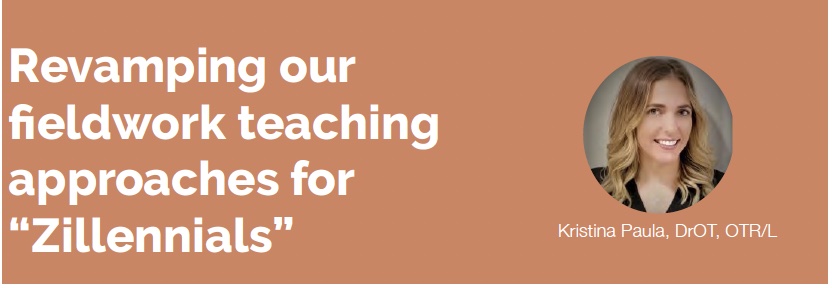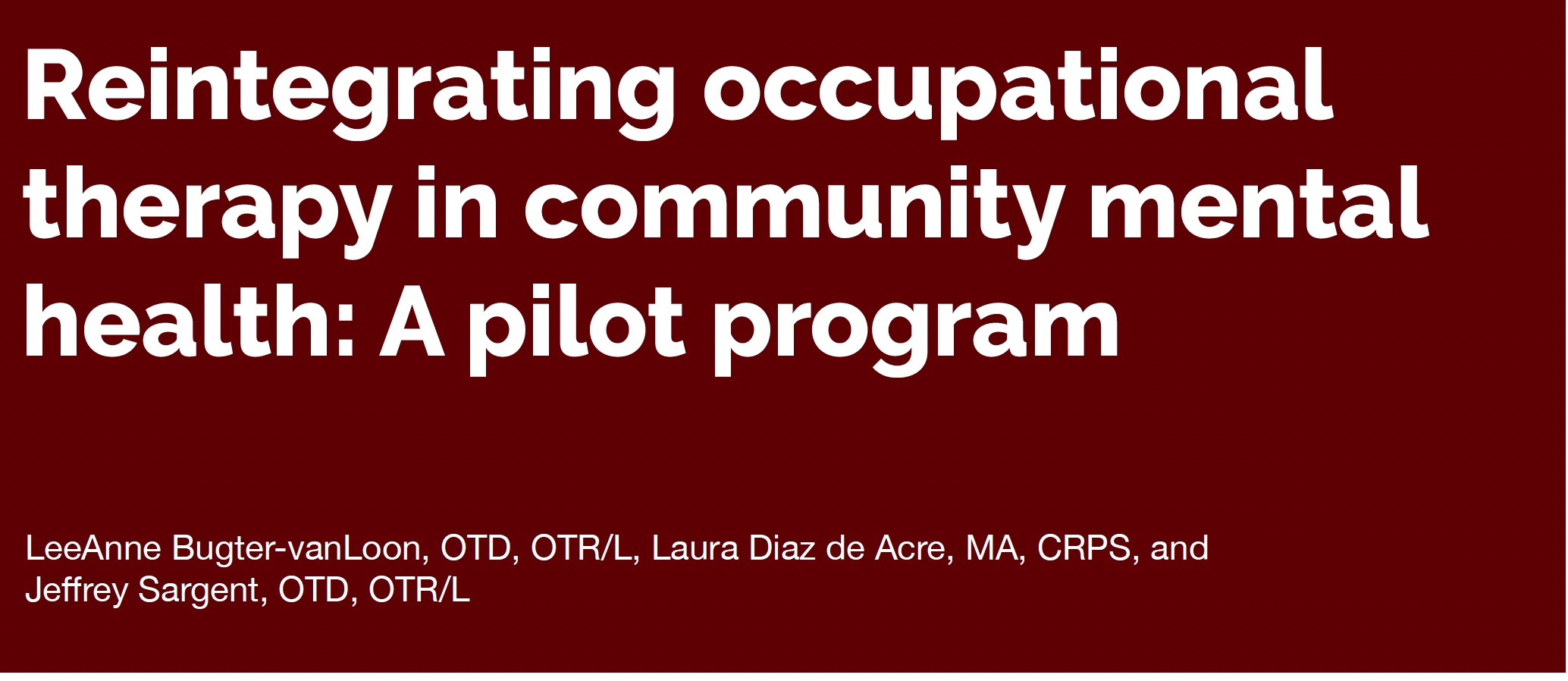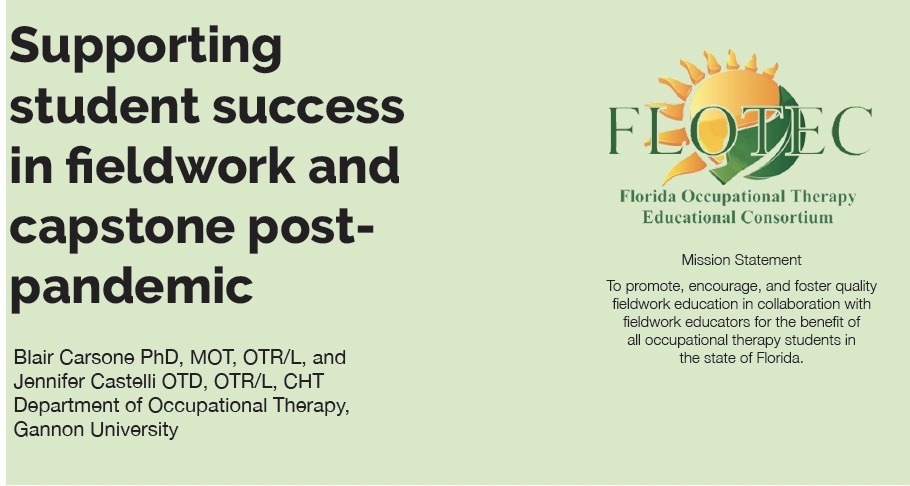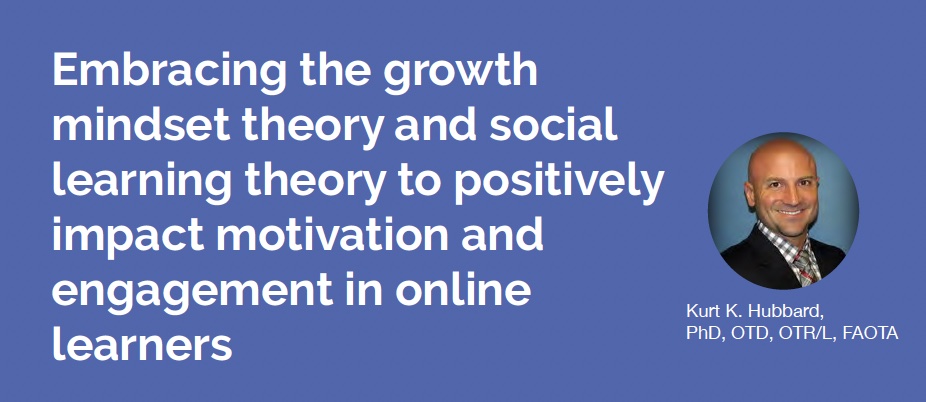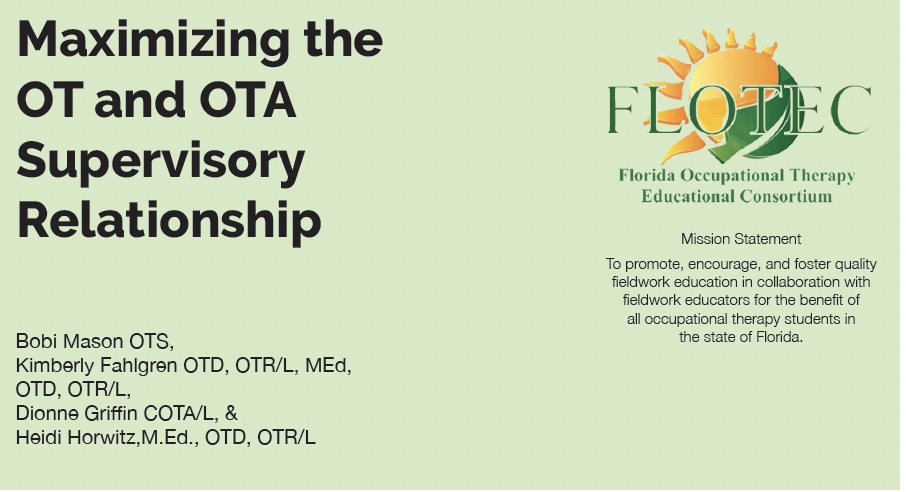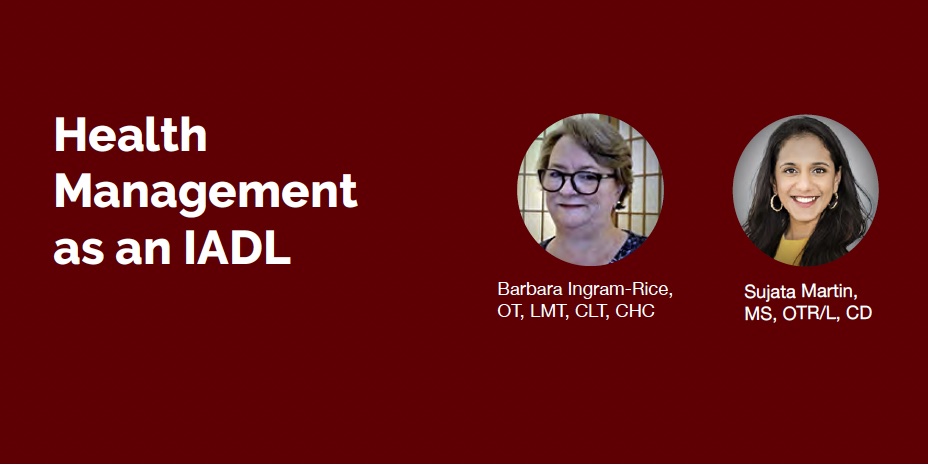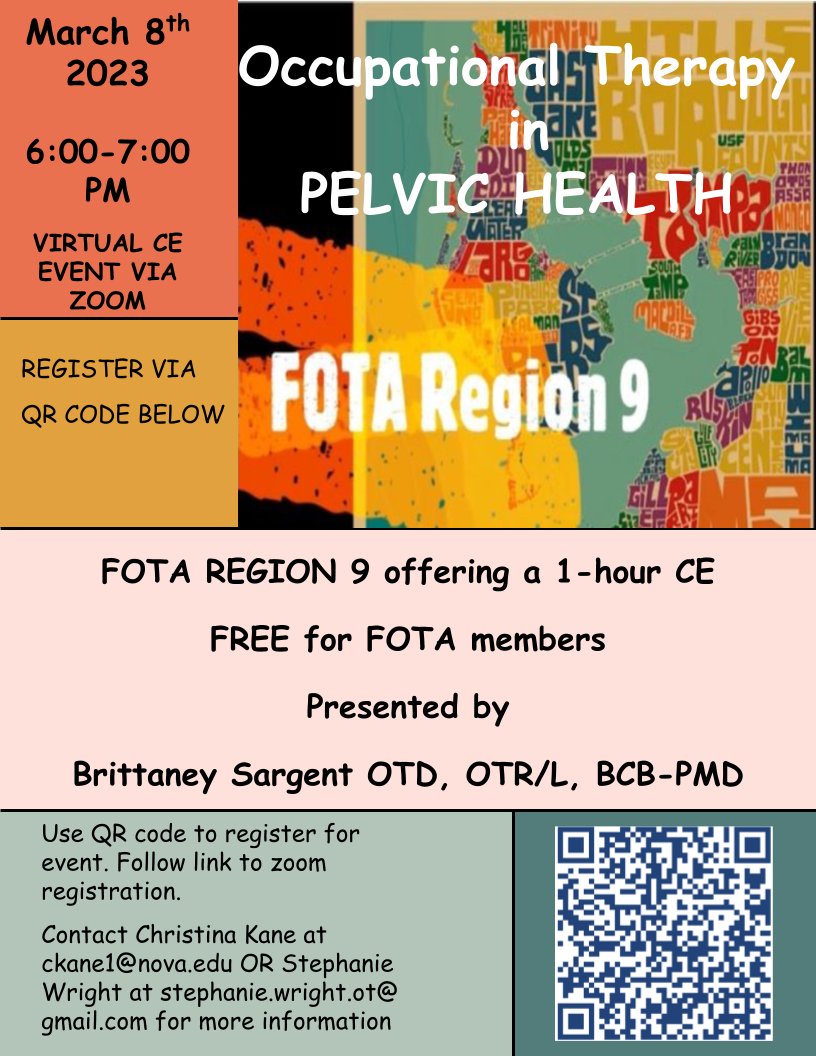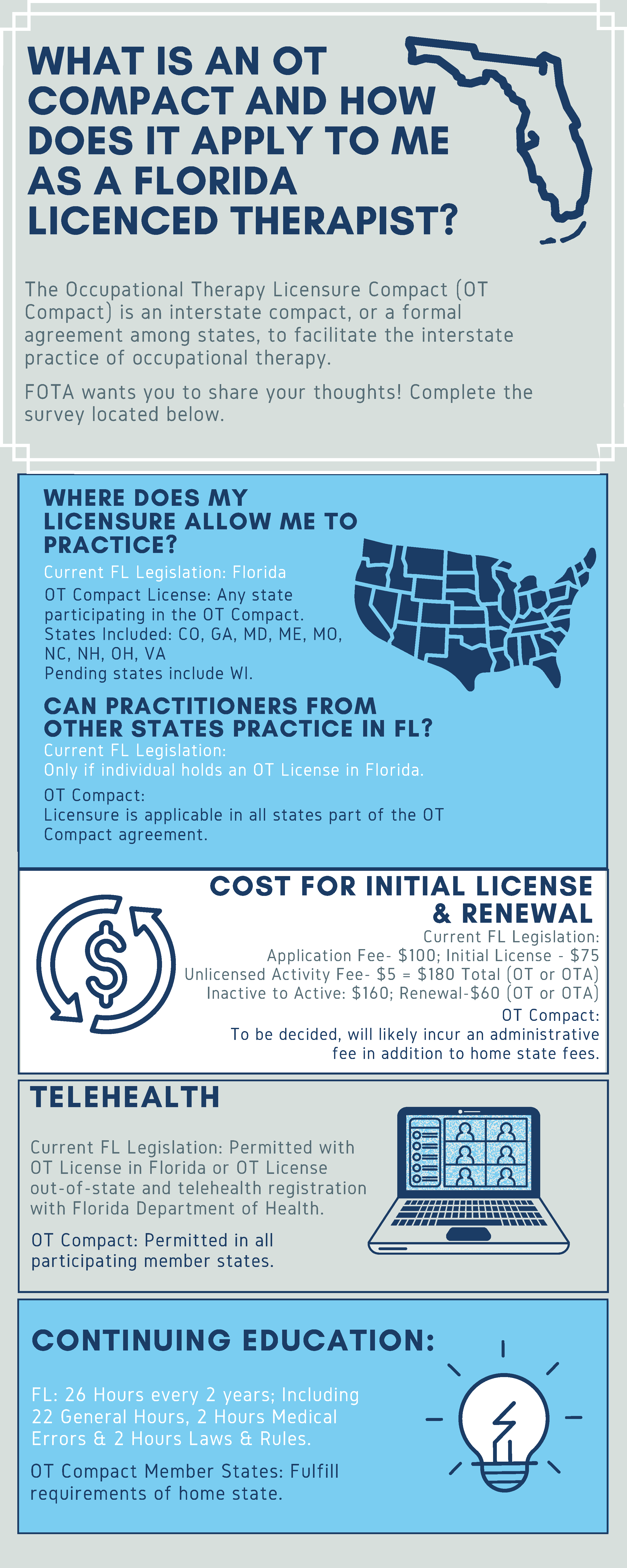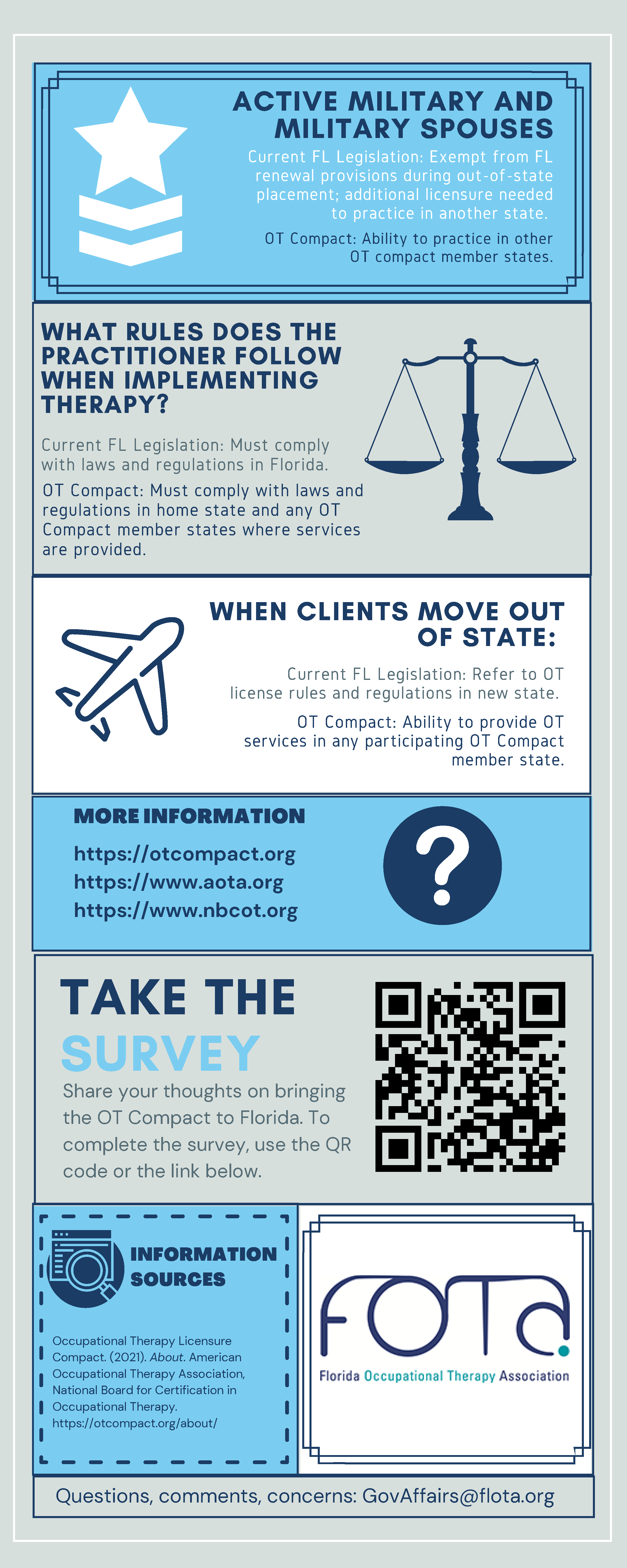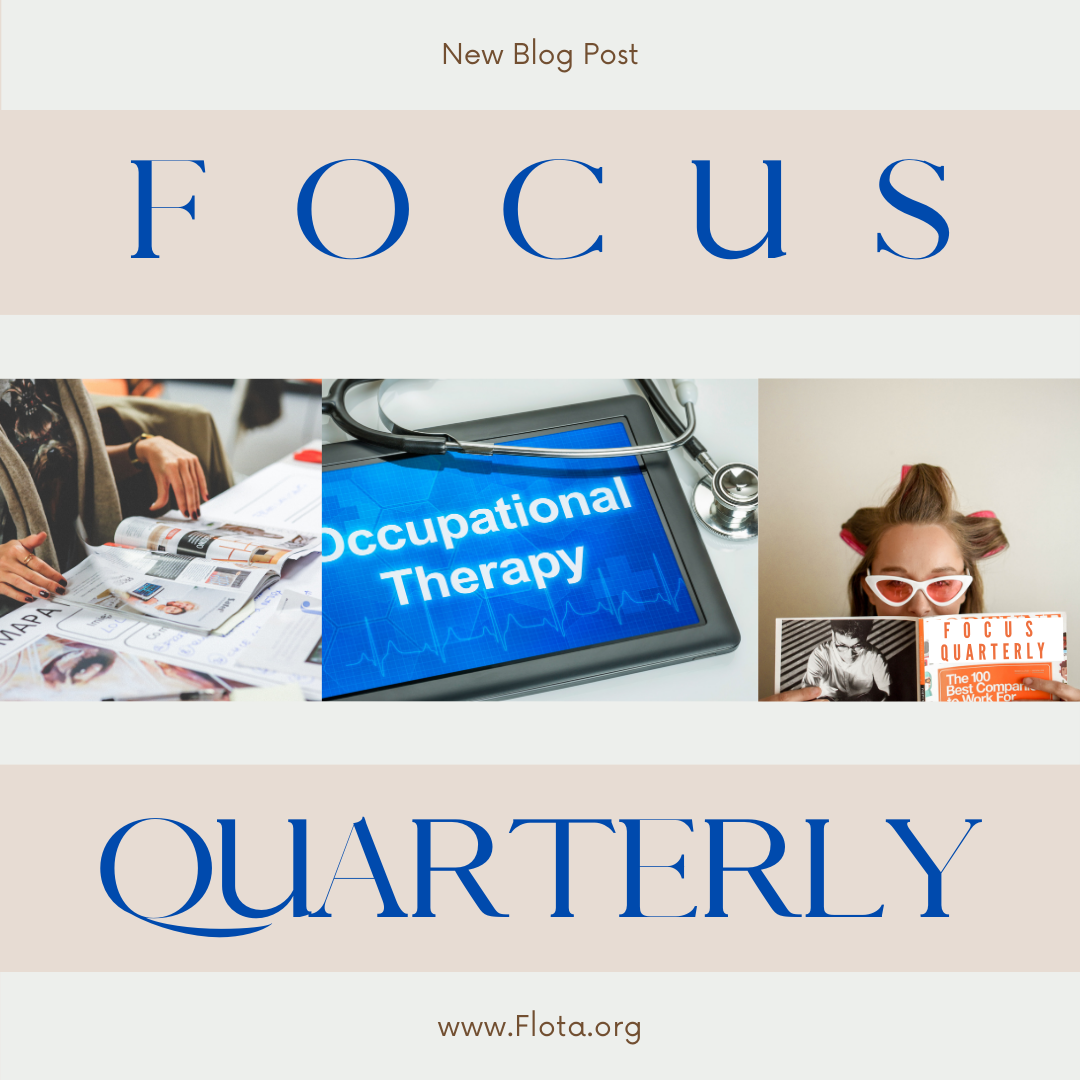Call to Action: Share Your Feedback with CMS
OT practitioners, it’s not too late to make your voices heard by CMS!
In this rule, CMS proposes a 4.4% decrease to the conversion factor and confirms continuation of the 15% payment cut for services delivered in whole or in part by an OTA. CMS proposes additional codes that may be delivered via telehealth after the COVID-19 public health emergency ends, but occupational therapy practitioners will only be able to access those codes for 151 days beyond the PHE since we are not considered permanent telehealth providers.
AOTA has been continually advocating on these issues and AOTA’s voice is strong, but we are stronger when the voices of our members are raised in support of the needed changes to keep our profession alive.
We encourage members to share your personal story with CMS on how these cuts and policies are impacting your practice. This doesn’t have to be a formal comment letter—it can be a few sentences, a case example, or a paragraph on the struggles you face every day in delivering quality occupational therapy services.
CMS needs to hear from you that continued cuts and lack of access to telehealth services after the public health emergency will have a direct impact on Medicare beneficiary access to timely, medically necessary occupational therapy services.
Comments are due to CMS by September 6, 2022 at 11:59pm. We hope you’ll take a few moments to share your real-world experience with CMS.
Your advocacy efforts will make a difference!!!
Thank you for your membership!
FOTA
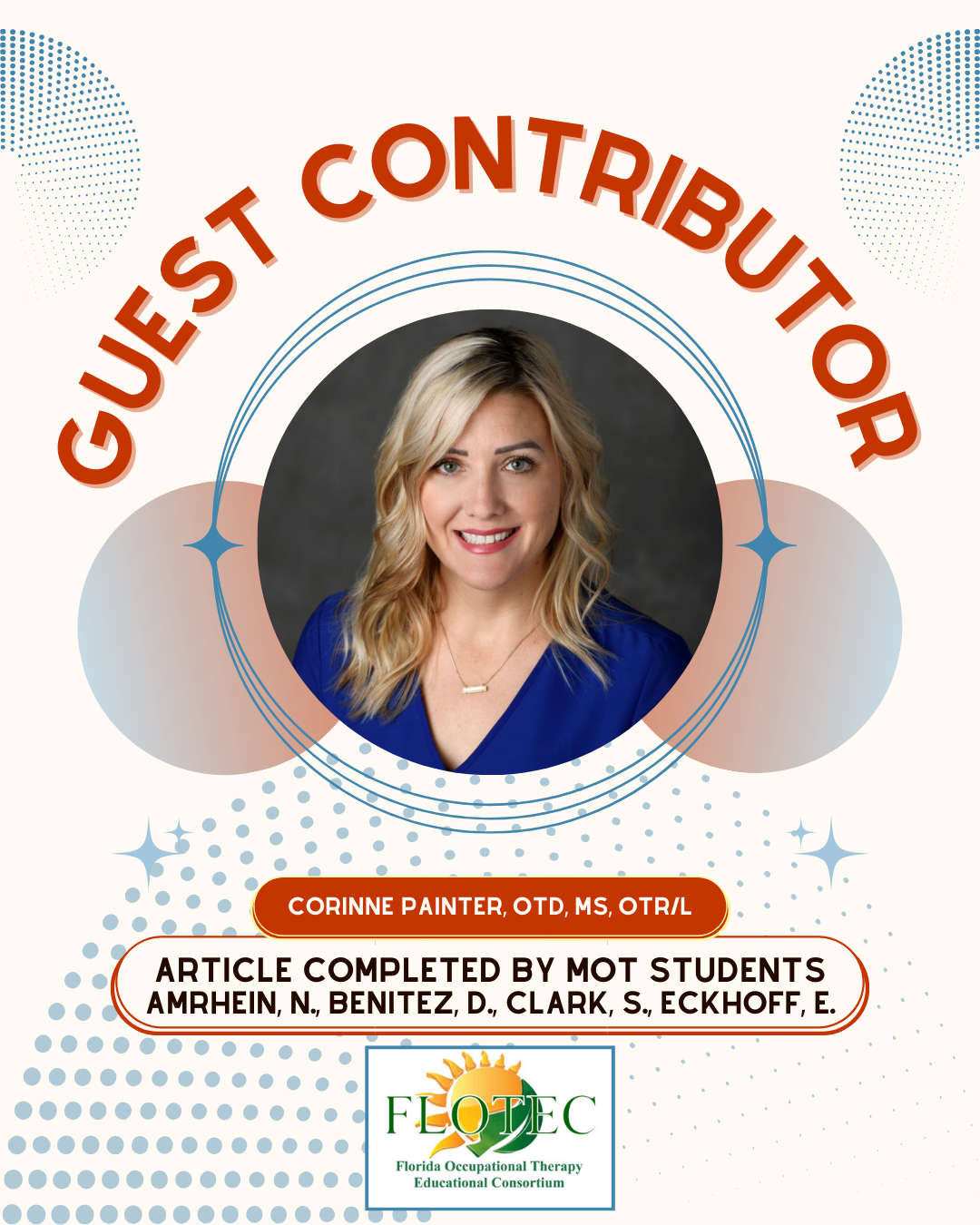 Bridging the Gap: Promoting Clinical Fieldwork Educator Competency in Occupational Therapy Practice
Bridging the Gap: Promoting Clinical Fieldwork Educator Competency in Occupational Therapy Practice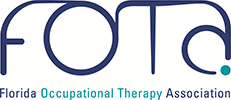
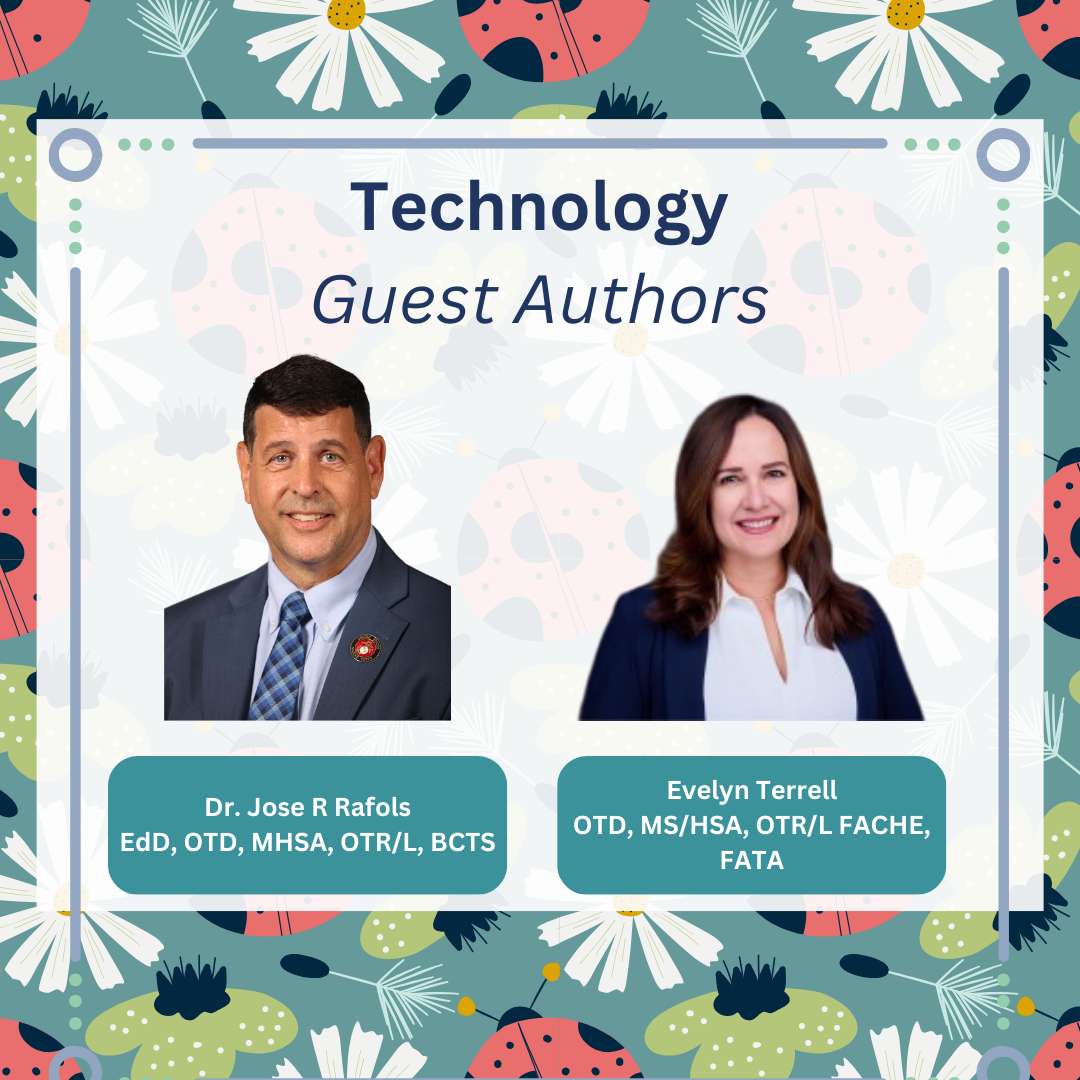 Leveraging Artificial Intelligence and Technological Advancements to Enhance Efficiency, Quality, and Patient Outcomes in Occupational Therapy
Leveraging Artificial Intelligence and Technological Advancements to Enhance Efficiency, Quality, and Patient Outcomes in Occupational Therapy
 Psychosocial Factors in Fieldwork: Upcoming Changes and the Biopsychosocial Model
Psychosocial Factors in Fieldwork: Upcoming Changes and the Biopsychosocial Model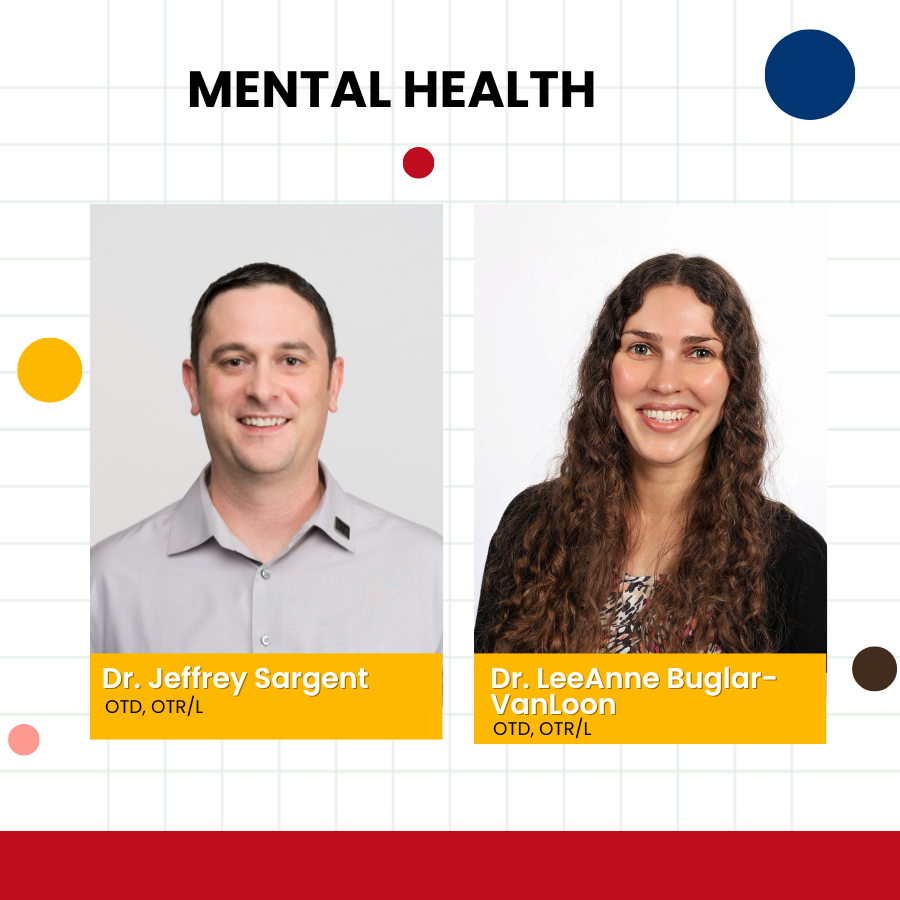 Breaking Down Barriers in the Community-Based System of Care A Call to Action
Breaking Down Barriers in the Community-Based System of Care A Call to Action
 Occupational Therapy Gives a Smile for Life
Occupational Therapy Gives a Smile for Life Improving Patient Safety in Occupational Therapy
Improving Patient Safety in Occupational Therapy